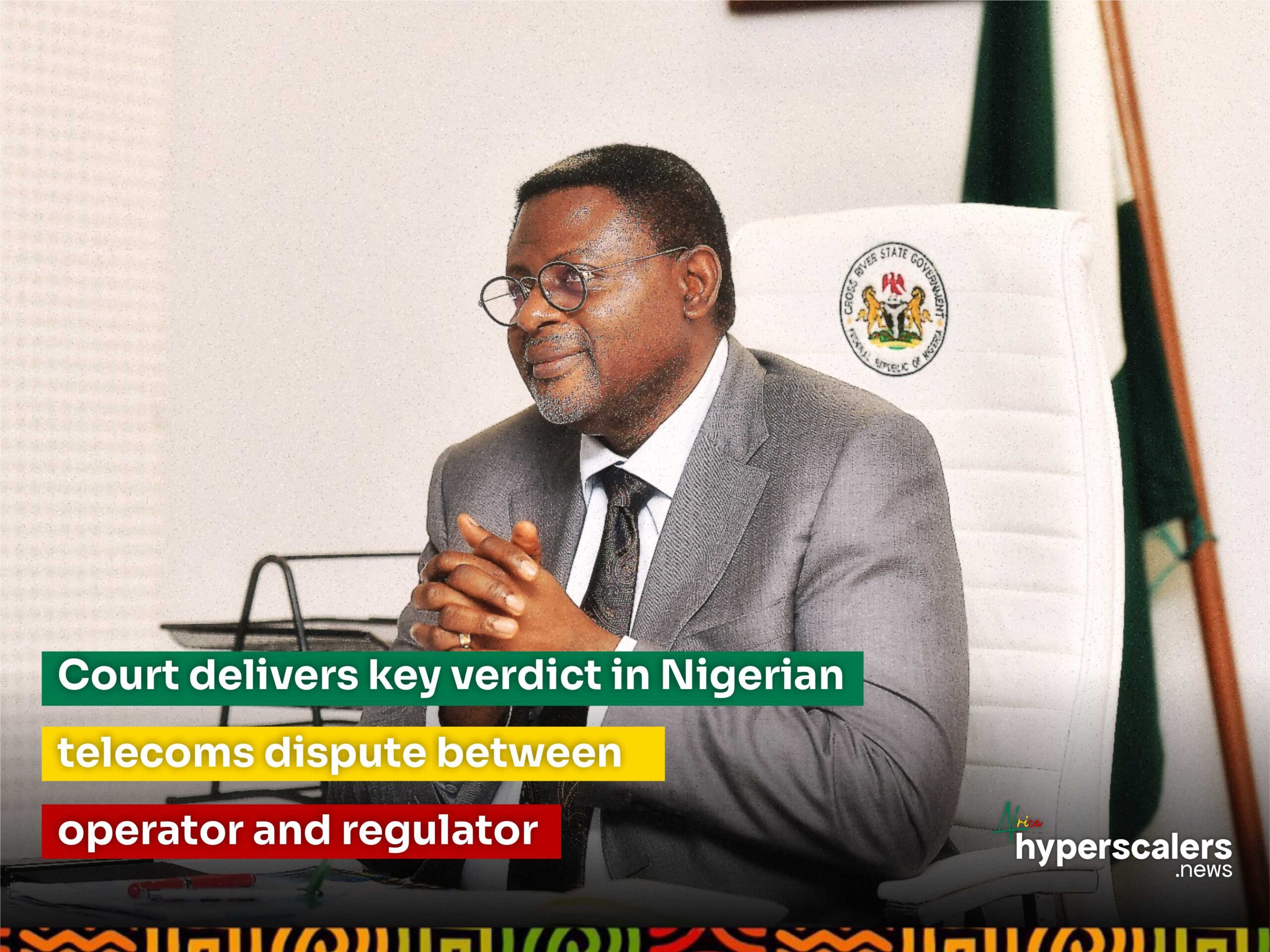In a landmark ruling, Judge B.T. Ebuta of the High Court of Cross River State has determined that the Cross River State Government and its associated agencies do not have the legal authority to interfere with the operations of Base Transmission Stations (BTSs) operated by telecommunications firms IHS Nigeria Limited and INT Towers Limited. The ruling, emphasizing the importance of protecting contractual freedoms and private business dealings, highlights the broader implications of governmental overreach in the telecommunications sector.
The case brought forward by the claimants questioned the state’s jurisdiction over telecommunications, which is listed under the Exclusive Legislative List of the Nigerian Constitution. The claimants also challenged the compatibility of the Cross River State Infrastructure Safety and Regulatory Agency’s laws with federal statutes, including the Nigeria Communications Act.
The defendants had levied a regularization charge of ₦850,000 per cell site and sought an additional ₦144,000,000 in environmental fees. While Judge Ebuta upheld the state’s authority to impose environmental fees, he clarified that such fees must not infringe upon federal jurisdiction over telecommunications. As a result, the court ruled against the state’s demand for ₦318,750,000 for the regularization of 375 cell sites and the additional environmental charges for the years 2016 to 2018.
This decision is expected to significantly impact the regulatory environment for telecommunications in Cross River State, with broader implications for state-federal relations in Nigeria. Across Nigeria, state and in many cases, local governments battle telecommunications operators on a daily basis. A few weeks ago, it was Kaduna State, then Kogi, and today, it is Osun State. Multiple taxation has been a significant hurdle for telecommunications in Nigeria, as telecom operators currently face a myriad of taxes and fees—up to 49 in total—ranging from the Environmental Fee tax, Aviation Height Clearance tax to the Nigeria Police Trust Fund Levy. This complex web of taxation discourages investment and drives up costs for consumers.
Globally, governments are increasingly investing in digital infrastructure, creating policies that streamline permitting processes and incentivize private sector investment. However, restrictive regulations like those in Cross River State limit investment opportunities, deter new market entrants, and ultimately hamper economic growth. In contrast, enabling telecommunications operators to invest freely in digital infrastructure could unlock substantial economic benefits and drive sustainable growth across Africa.
Nigeria, and Africa at large, continue to lag in digital infrastructure, holding only 1% of the world’s data centers and a mere 0.024% of global fiber networks. To bridge this gap, there is an urgent need for a regulatory shift that prioritizes the development of infrastructure, incentivizes operators, and fosters a supportive environment for investment.
Regulators, operators, and investors must collaborate to overcome historical trust issues and develop crucial digital infrastructure that enhances access and inclusion.





